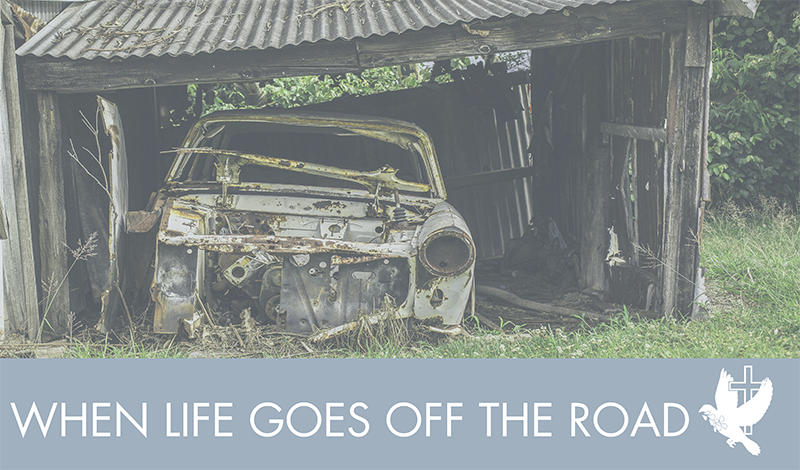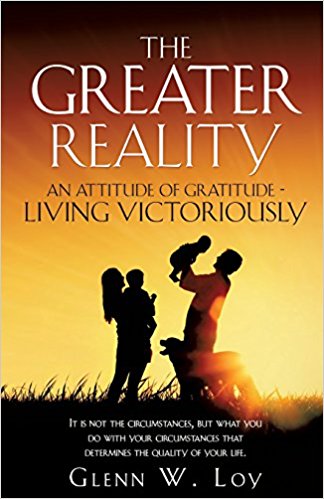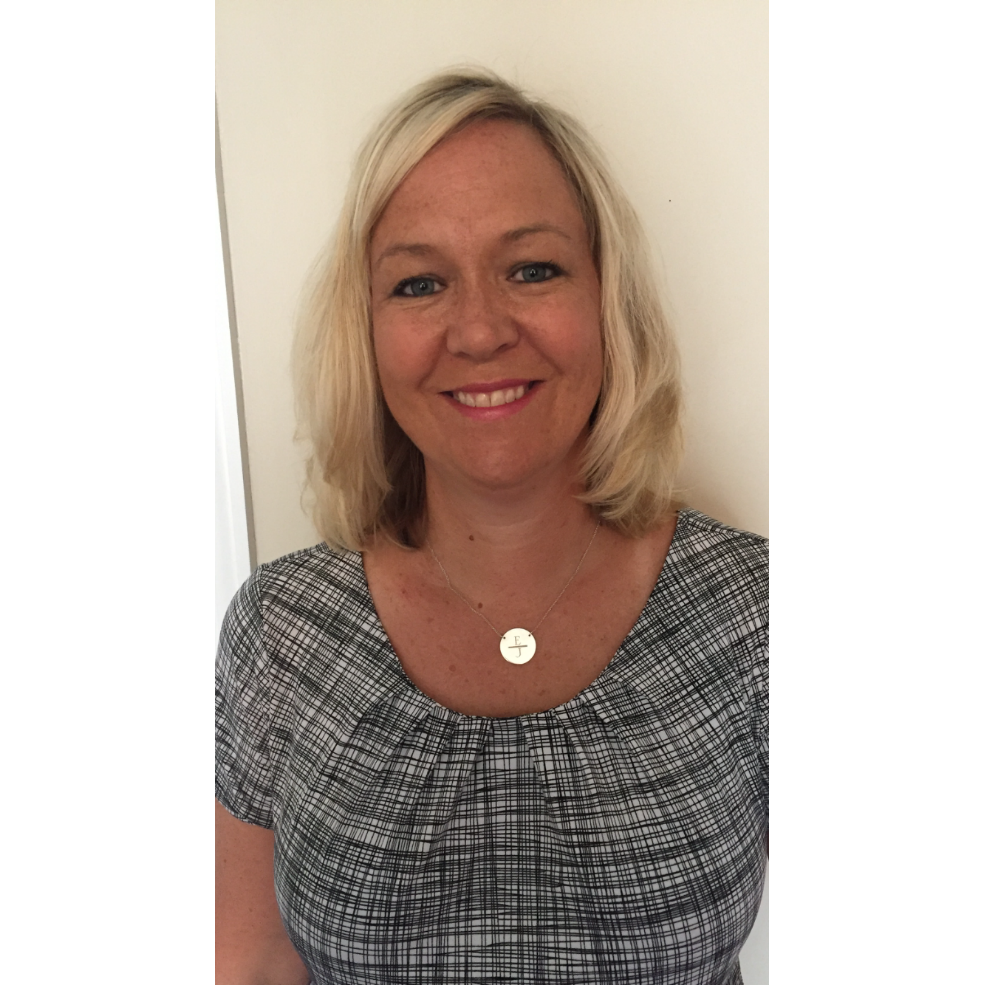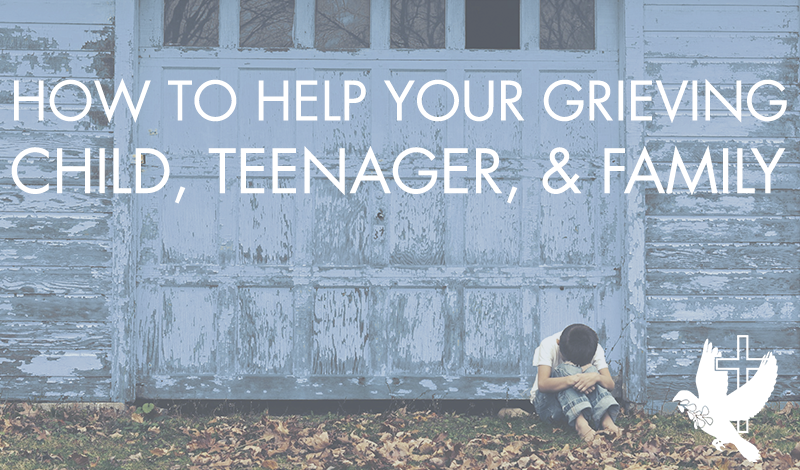
When Life Goes Off The Road
by Byron Loy, MA, LPC, LCPC, CRADC
There are times in life when no physical pain can compare with the emotional pain we feel from grief and loss. On a cold November night in Michigan, two days after I turned eighteen, I fell asleep at the wheel on my way home from roller-skating with my church youth group. I woke up as soon as my tires hit the gravel on the side of the road but I was unable to gain control and went off the road. My left arm went through the driver’s side window and dirt and shattered glass flew everywhere as the car rolled over three times. In the rolling of the car, the roof caved in on the front left side, breaking my neck at the Cervical-5-6 vertebrae. When the car finally stopped rolling it was upright on all four tires. As I attempted to reach for the ignition, I felt numbing pain everywhere, but my arm did not respond as I had wanted it to. I didn’t know it at the time, but I had suffered a spinal cord injury (SCI) that left me a quadriplegic, paralyzed from the chest down with partial use of my arms and the ability to bend my wrists. I was a senior in high school that year, and though I had been a unanimous pick for All-Conference as an Outside Linebacker in football and had shaken the hand of the coach from Northern Michigan, I would never play football again.
For the next three months, I was in the hospital trying to strengthen my breathing because of partial paralysis of my diaphragm on one side. When it had improved, I was able to be flown to Colorado to Craig Hospital where I was in rehabilitation, for another three months, learning how to live with an SCI. There were many days when I was unsure of my future and what my life would be like. I learned that you have to take one day at a time and not to get too far ahead of yourself. I learned from other people that life can be good and you can enjoy a future career and relationships when in a wheelchair.
If a person could do 10,000 things in life, and I cannot do 1,000 of them because of my disability, then I am going to focus on the other 9,000, and do as many of them as I can, and do them as well as I can. And you know, I might as well get busy.
While in rehab, I saw a movie where a man said, “If a person could do 10,000 things in life, and I cannot do 1,000 of them because of my disability, then I am going to focus on the other 9,000, and do as many of them as I can, and do them as well as I can. And you know, I might as well get busy.” That inspired me to do the same. When grieving, you have to accept help from those who have gone before you.
I went to college and then on to graduate school where I met a wonderful woman who became my friend and ultimately my wife. After graduating, I began a career as a counselor and have been counseling for 25 years. In 2006, we lost my mother to complications of diabetes. I miss her and grieve her loss, but I am thankful for the gift she was, for the time we had her.
There have been some principals that I learned that may help you when you get discouraged in life:
- Though I will never “get over” my grief, time helps to gain perspective and you can find a “new normal.” It is impossible to know what your personal future holds, but trust that God holds the future.
- Talking with others and letting them in on your pain helps you, and interestingly enough, it helps them as well. There is a ‘cathartic’ or healing effect to know someone else knows you are in pain.
- Though no one can know how you feel, try to maximize what you have in common – i.e. although no one in my family knows what it is like for me as a quad, they know limitations, hurt and disappointment.
- I was never entitled to walk, play football, etc. The time I had doing those things, and time we have with loved ones, is a gift. It made no sense to me to be mad at God who is the giver of all good things.
- God created the Garden of Eden for us, but we are not in the garden anymore. I am not trying to make heaven on earth. My focus is on what lies ahead. I can tolerate a lot, knowing the best is ahead.
- It is my assumption that as long as I am alive, God has a mission for me to carry out. If I don’t know what my purpose is, then I need to encourage someone, pray for someone, be kind, and make a difference in someone else’s life in 100 other ways. The Lord will come for us when it is time.
- I don’t have to earn my self-worth and I will never lose it either. God loved me enough to send His son for me. What more can He do to show us what our tremendous worth is?
- “Therefore, since we are surrounded by such a great cloud of witnesses, let us run with perseverance, the race marked out for us.” (Hebrews 12:1) Our loved ones want us to enjoy life and not to get stuck in our grief over losing them.
- You cannot push yourself to “get over grief” when you think it is time to move on. After my accident, I had no choice but to move on. The healing occurs when it occurs. However, don’t isolate and don’t feel a duty to be depressed and caught up in grief. Enjoy the good days when they come and allow yourself the rough days as well. I took up painting as a hobby and found that being busy helped.
- God grieves with us and the Lord is able to sympathize with our pain. Jesus was described as a “man of sorrows.” The apostle John tells us that Jesus wept and He continues to weep when his children suffer. It won’t be long before He comes to take us home where there will be no more tears… unless they are tears of joy.

For more of Byron’s story, check out A Greater Reality by Glenn Loy, which can be found on Amazon.com




